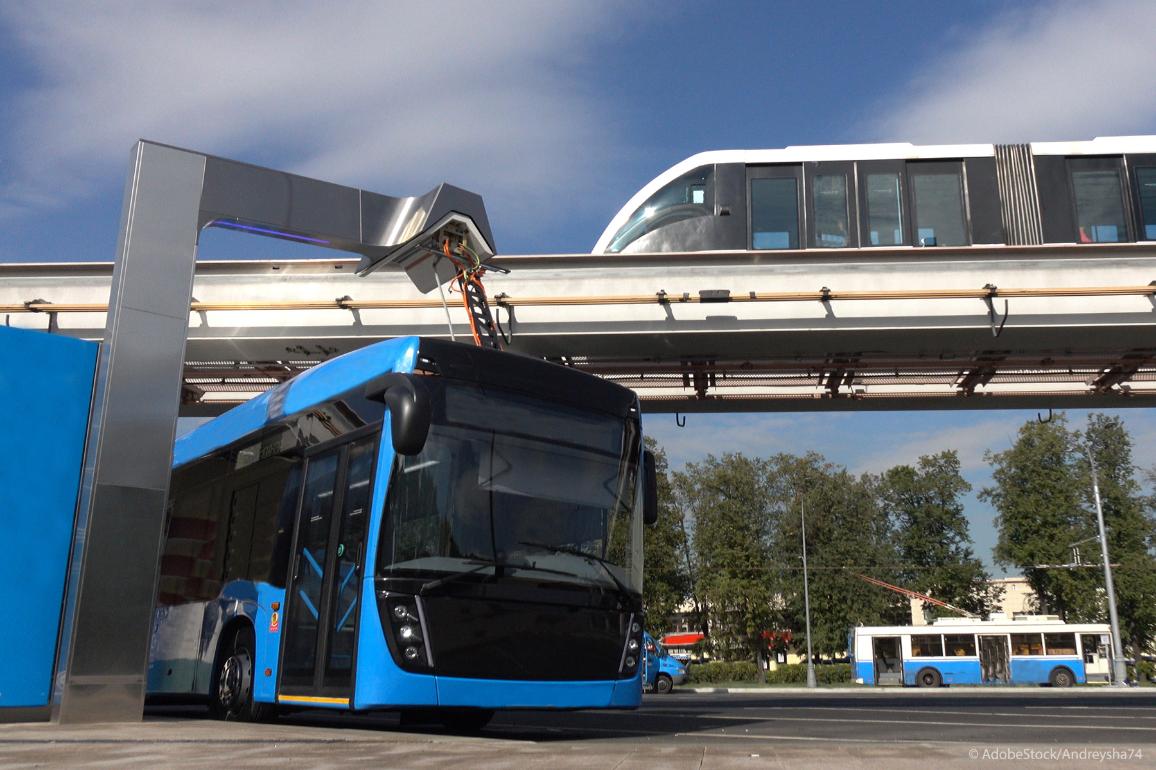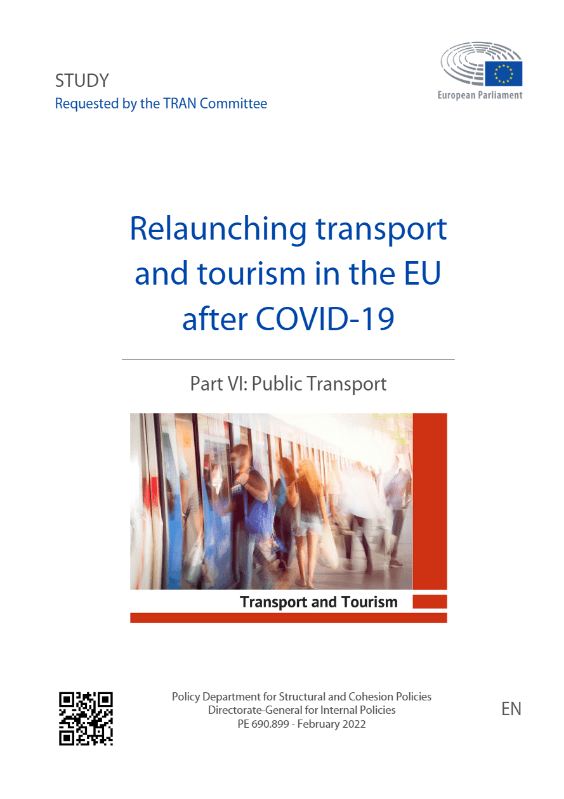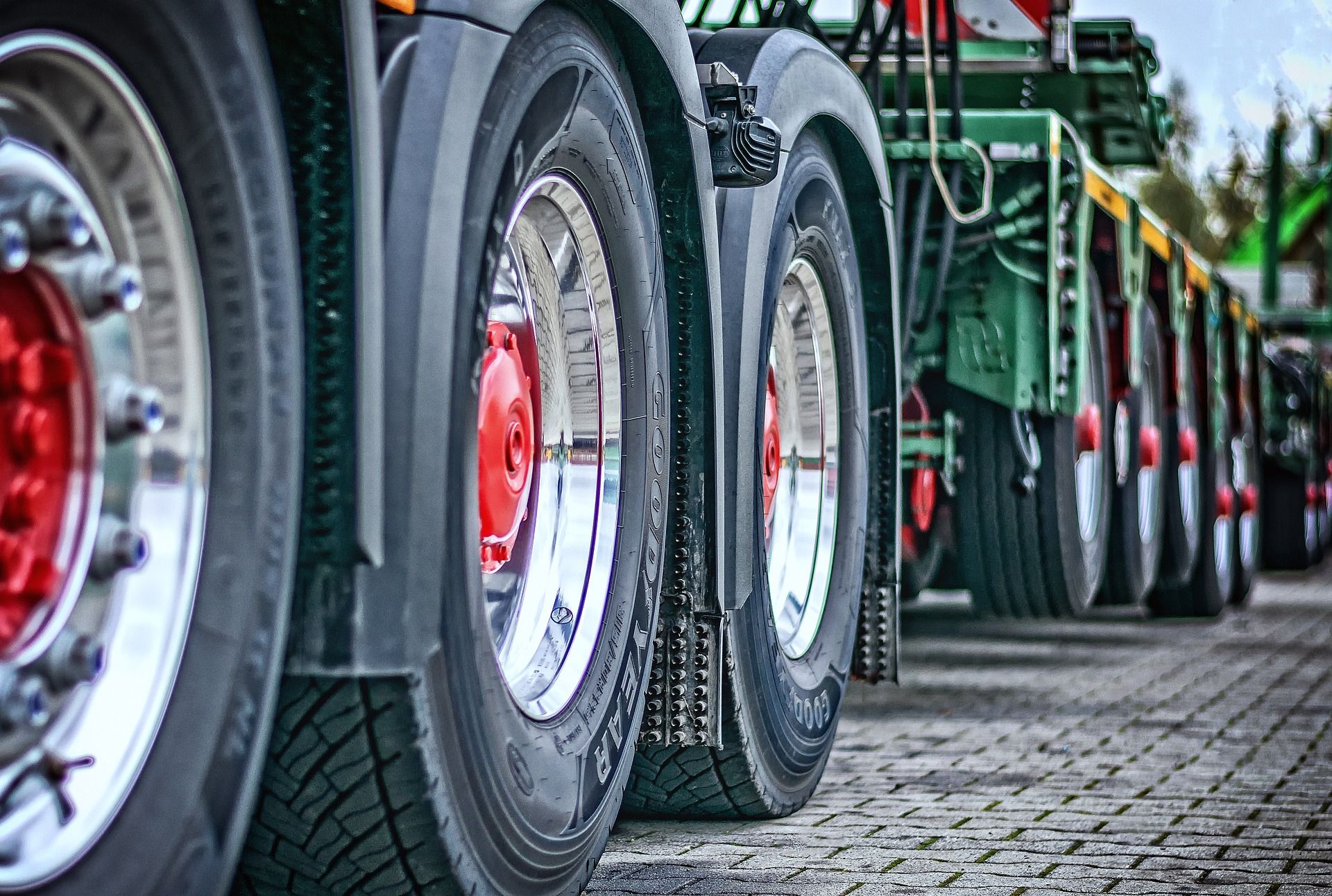Advanced technology keeps the truck on the road while drastically reducing emissions by switching from standard diesel engines to hydrogen engines.
Heavy-duty vehicles, such as trucks and buses, account for around a quarter of CO2 emissions from road transport in the European Union (EU). The EU has set high targets to reduce these emissions from 2025 onwards.
The EU-funded H2Engine project can make a significant contribution to achieving these targets. His team demonstrated technology that would allow customers to convert traditional diesel trucks into “clean” vehicles by equipping them with hydrogen engines. The charger was equipped with “hardware” and “software” components to run on hydrogen.
“Our hydrogen technology was created using compressed natural gas (CNG) and conventional diesel components as a basis,” explains Jürgen Nadler, marketing director of project leader KEYOU.
Other common components designed to meet the specific requirements of hydrogen include the engine’s ignition and injection systems and the software for the engine control unit (ECU).
The H2Engine team equipped the truck with a 7.8-litre hydrogen internal combustion engine and upgraded key subsystems using “KEYOU-inside” technology. They proved the concept by successfully starting and propelling the truck.

¿What is the EU doing to promote the development of renewable energy? |
Renewal for the future
Hydrogen-based technologies are of great interest for transport systems. Vehicles powered by hydrogen internal combustion engines meet EU standards and are considered zero-emission vehicles. They emit only a small amount of CO2, making them prime candidates for cleaner alternatives to fossil fuels.
This technology resolves the conflict between emissions, efficiency and economy, making existing vehicles green without sacrificing performance.
“The performance of a hydrogen combustion engine is comparable to that of a regular diesel engine,” says Nadler.
Compared to hydrogen fuel cells, hydrogen combustion engines offer similar technical performance with substantially higher robustness and cost-effectiveness: “Considering the sales price figures, fuel cell vehicles are significantly more expensive.
Once series production volumes are reached, the production cost of a hydrogen combustion engine will be comparable to that of a CNG engine, he says.
H2 engines pull the cart
The H2Engine team has set out to commercialise its innovation: internal combustion engines are more efficient at higher loads, so the heavy-duty vehicle market is the most promising application for the first introduction of this technology. Commercial road transport is a huge market: according to EUROSTAT, by 2021, 3.9 million trucks will be registered vehicles in the EU.
KEYOU has received TÜV approval for its special hydrogen components and has several partnerships with automotive suppliers. The team aims for commercial launch in 2023 and series production from 2024, with a focus on upgrading existing diesel cars.

Relaunching transport and tourism in the EU after COVID-19 . Part VI, Public transport |







Leave a Reply